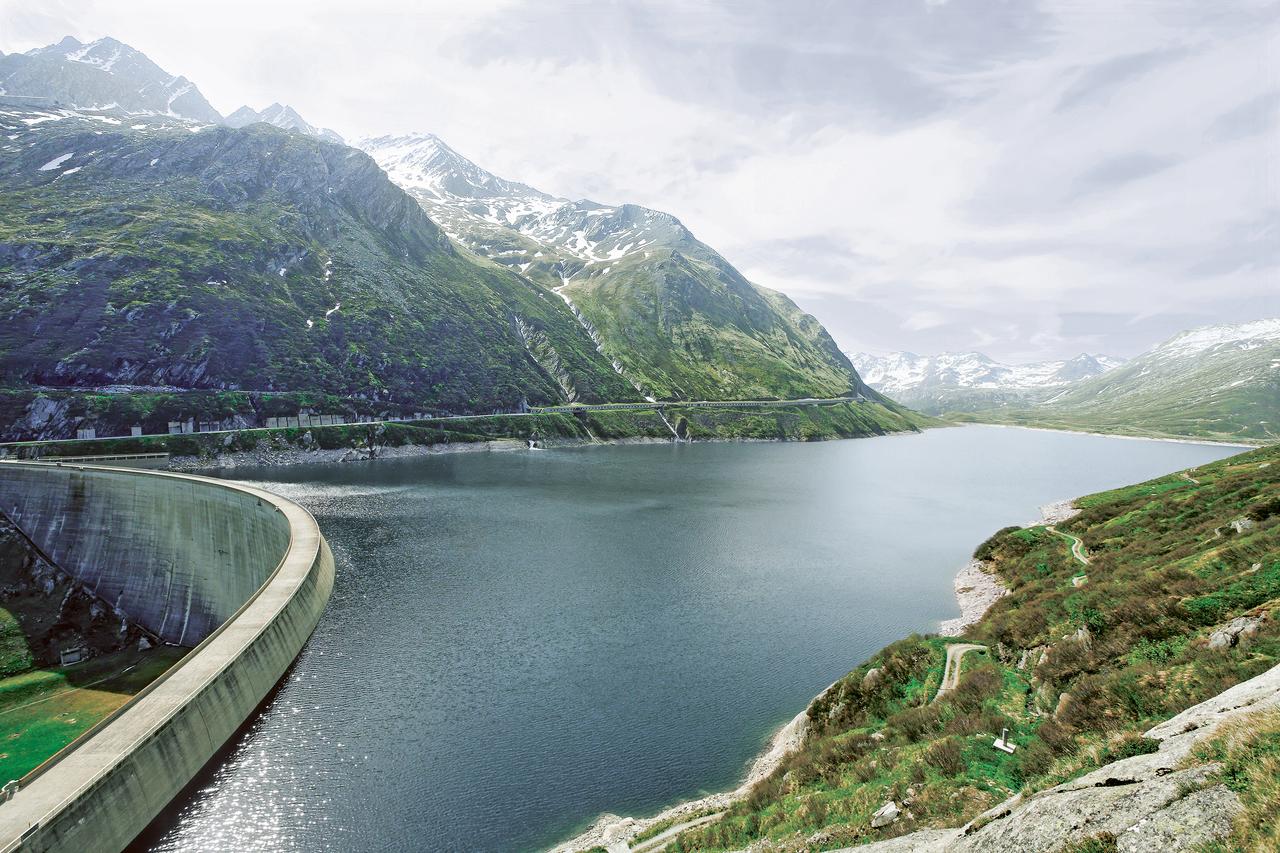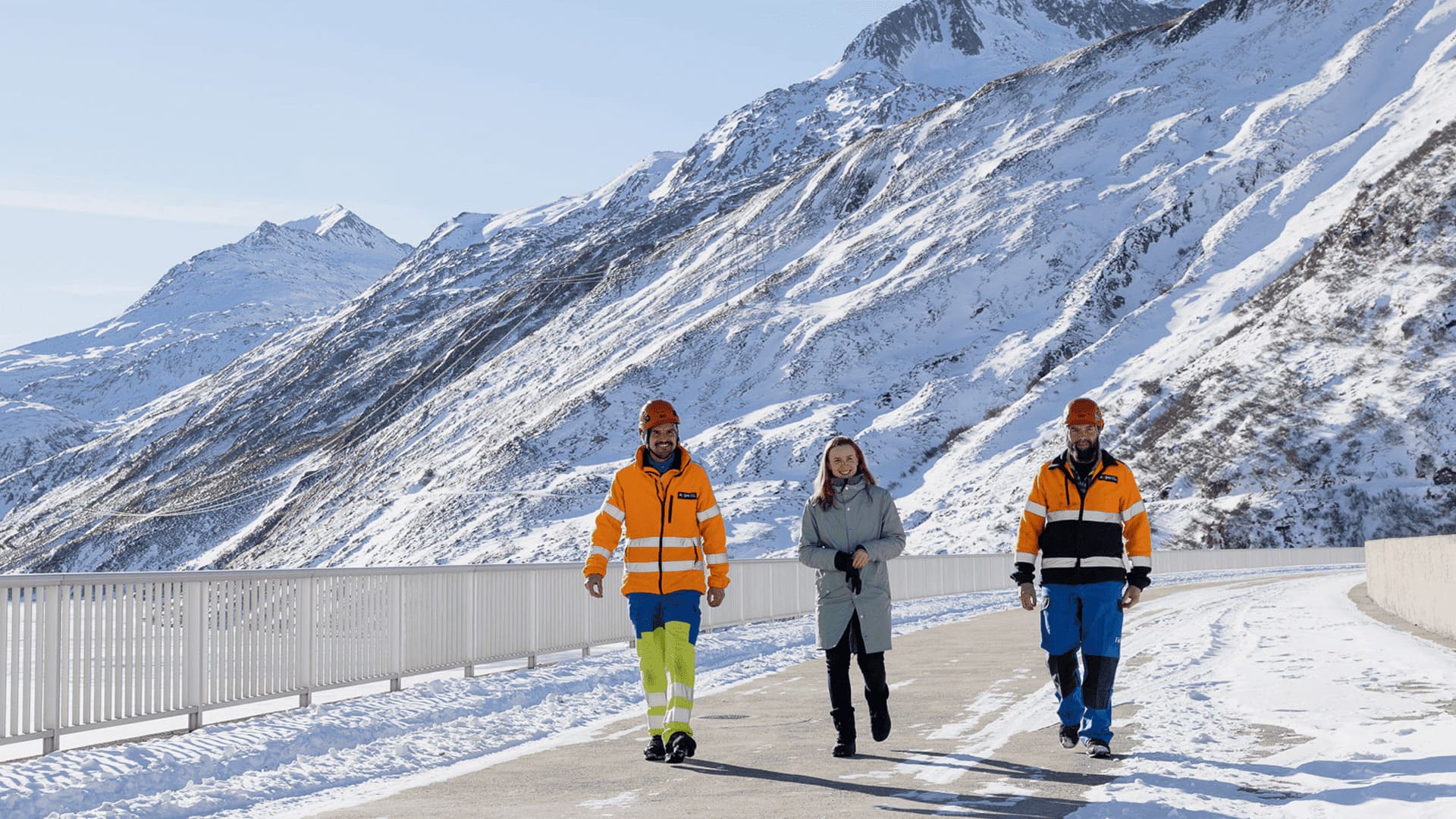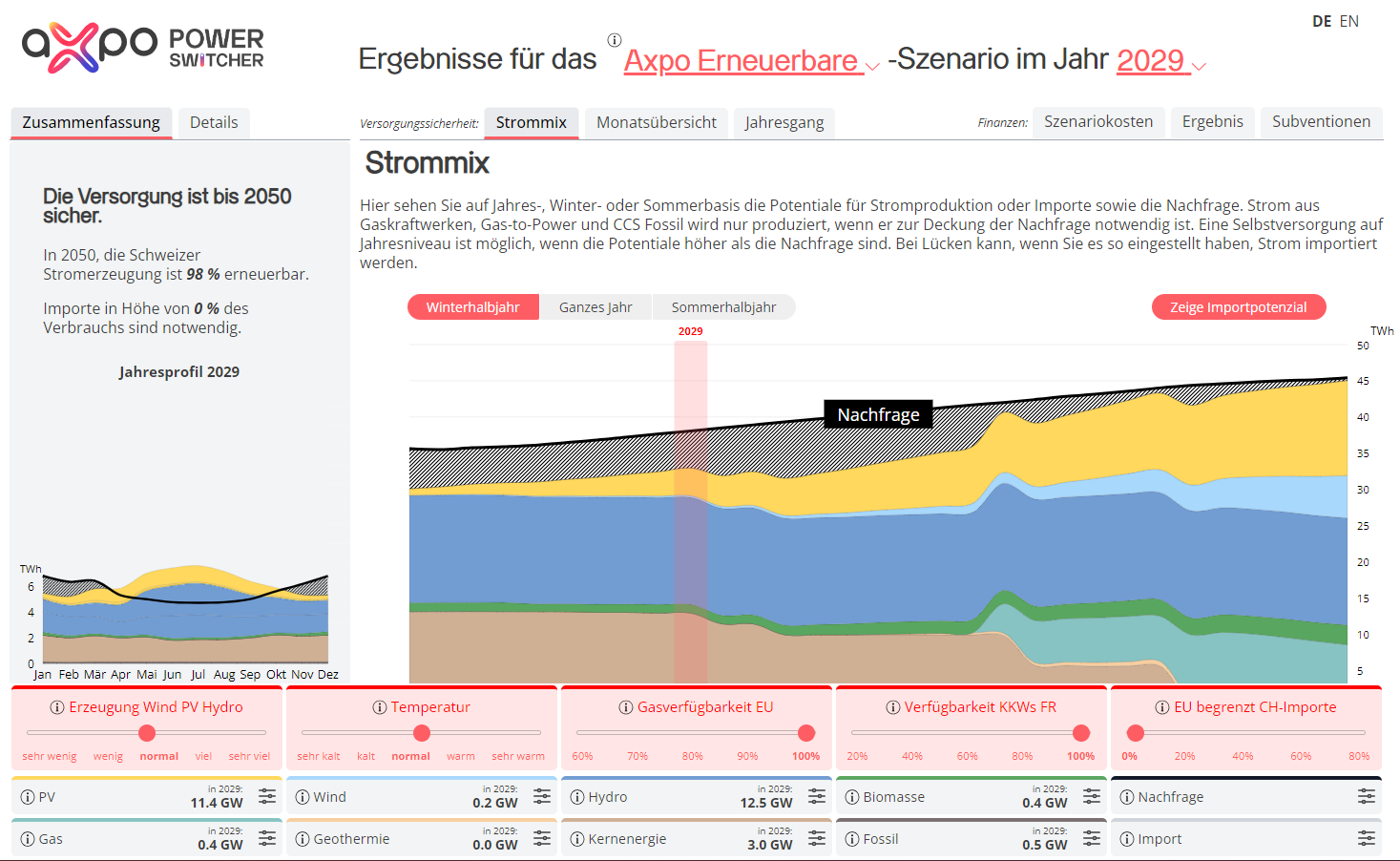21.06.2023 | Facilitating investment in the development of renewable energies requires an adequate framework
Satisfactory, reliable framework conditions are essential to facilitate investment
A substantial expansion of renewable energies is needed to ensure security of supply in Switzerland. In order to facilitate development, suitable investment framework conditions must be established. But what does that really mean? And where do we stand in terms of regulatory efforts? Things are going in the right direction, but there are several aspects that still require action.
In the power market – as is customary in any market – commercial players invest in new production facilities based on economic considerations. If and to what extent they do or can do this depends on the framework conditions. Policy-makers and authorities have it in hand to set up framework conditions that enable the achievement of public goals, such as security of supply and climate neutrality. Four aspects are crucial to facilitate the necessary investments.
No blanket bans
Firstly, opportunities to initiate new projects must not be generally restricted. For example, alpine solar ground-mounted plants were de facto prohibited before the Emergency Federal Act was adopted in the fall of 2022. However, lifting the ban does not mean that plants can be built just anywhere. The prerequisite of a comprehensive weighing up of interests still ensures that particularly sensitive areas are protected.
In the course of current debates on the blanket exemption (revisions of the Electricity Supply Act and the Energy Act) this aspect is still under discussion. On the positive side, the Council of States foresees changes that would improve the approval chances for ground-mounted PV and wind plants. At the same time, the National Council has initiated stricter provisions on the existing, general building ban for renewable energies in certain protected areas. With the inclusion of residual water courses in the ban, certain hydropower projects would be endangered. The Council of States rejects these additional restrictions. It remains to be seen where the framework conditions end up once differences have been resolved.
Boosting profitability
Secondly, installations must be profitable. From an economic perspective, investments are only justifiable when no losses not have to be expected. A company that does not follow this principle will not survive. In the area of renewable energies this means that effective funding instruments are still needed. Although power prices are currently high, plants produce for over 30 years or more and tie up a great deal of capital for decades.
The blanket exemption foresees investment contributions and a floating market premium as the respective funding instruments. Implementation on the statutory level will be decisive here. The parameters for funding instruments must adequately reflect the costs and risks of project initiators to enable sufficient profitability and to positively impact investment decisions. However, calculating these parameters is very difficult. Auctions at which project initiators can address their funding needs on their own and compete with other projects is the better solution. This also promotes efficient projects. In the blanket exemption, auctions are only foreseen for large-scale solar plants, most likely owing to considerations concerning the lack of competition among the other technologies. Sadly, simpler, faster permit processes would most likely create more competition here.
Avoiding uncertainties
Thirdly, the uncertainty connected with investment should not be too high. This applies to market uncertainties, as well as those relating to the regulatory framework or permit process. If an investor is confronted with high risks, high returns or interest must be possible in order justify the investment. This, in turn, increases funding needs.
Against the background of the blanket exemption, the timely conclusion of the consultation process is important in order to create reliable framework conditions, and, in doing so facilitate new investments. The content of provisions in the respective ordinance must be formulated so that they avoid uncertainties, for example in connection with the conditions for subsidies. Ultimately, undue intervention in economic freedom and property guarantee also increases investment uncertainty. For example, the blanket exemption foresees an obligation on the part of storage facility operators to participate in the hydropower reserve, which not only weakens the profitability of new projects. It also sends a negative signal regarding subsequent regulatory changes at the expense of existing plants. Another example can be seen in the EU where owing to rising energy prices, income from power production facilities are subject to an "excess profit tax". The impact this intervention will have on the future investment climate remains to be seen.
No delays
Fourthly, it must be possible to realise investment projects within a reasonable time. Long permit processes represent a particularly high hurdle for renewable energies. For example, if the positive decision for a wind farm takes over 15 years, the investment interest in such a project decreases over time.
While the blanket exemption simplifies the permit process for certain installations, it does not address the issue on a broader scale. In June 2023, the Federal Council is scheduled to adopt a separate "acceleration bill", which depending on the content, could bring some improvements. Ultimately, legislative changes alone will not be able to fully resolve the problems. Needed are more resources and expertise on the cantonal and town permit authority level, shorter, binding deadlines for position statements, as well as improved coordination between authorities and involved parties. The good news here is that these issues are already being addressed without additional legal regulation. But it does require the willingness of all the involved parties.




.jpg)





